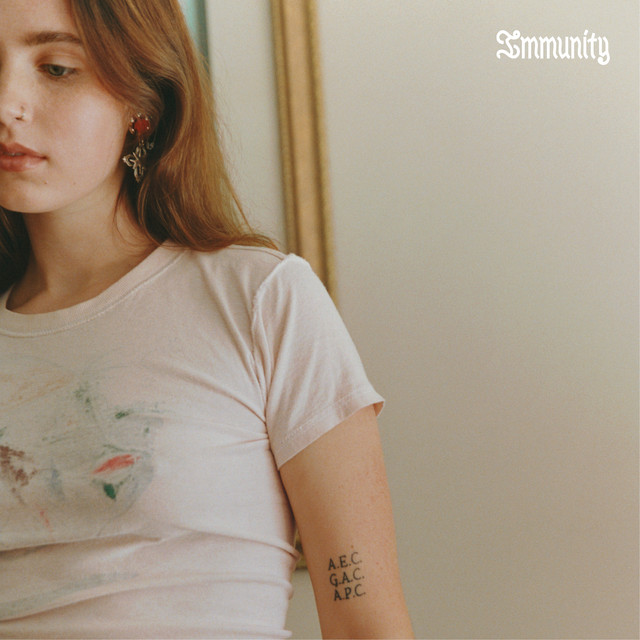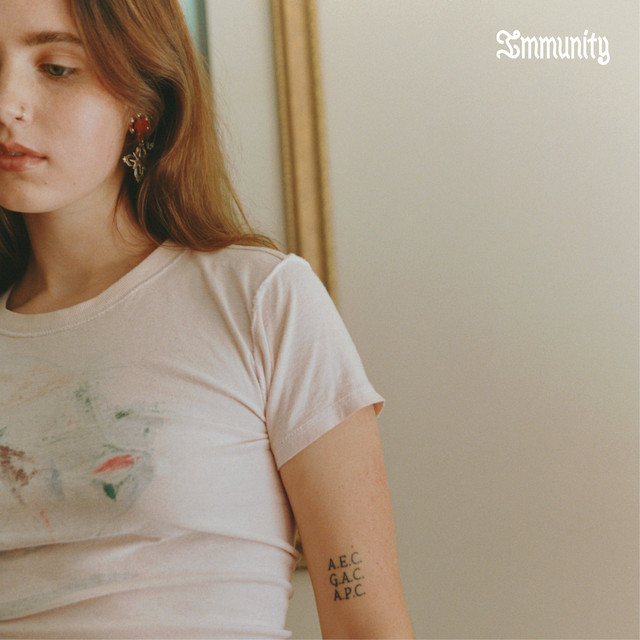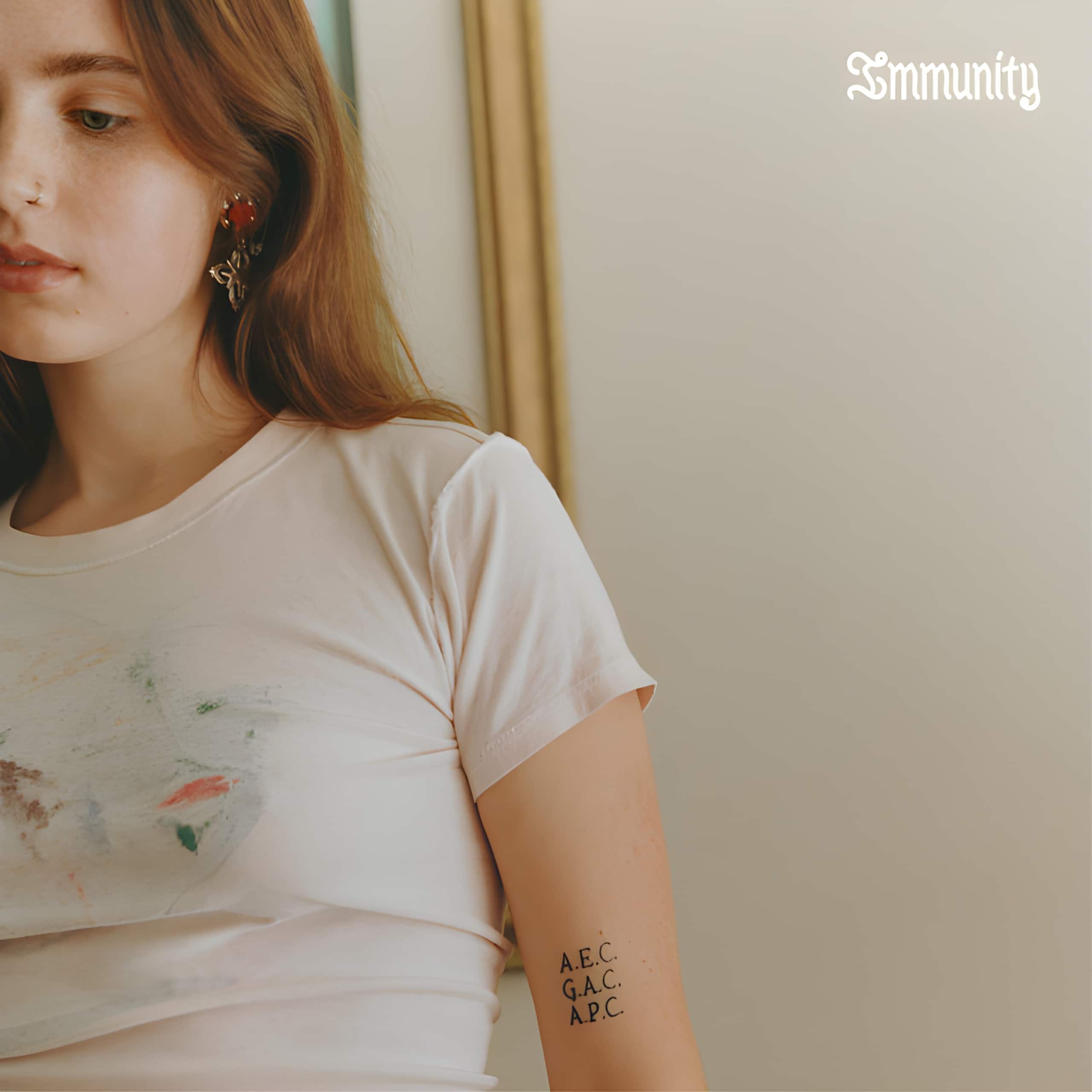Released: 2021
Step into the world of introspection with Clairo’s “Amoeba”, a lyrical journey reflecting on personal growth, the struggles of keeping up appearances, and the impact of our actions on our relationships. Its abstract, introspective lyrics paint a vivid picture of the dilemmas of young adulthood.
Starting off with the line “Between the gaps, I was swimming laps”, Clairo is giving us an immediate metaphor for the introspection and self-exploration she’s engaged in. The ‘gaps’ are the in-between spaces in life, and she’s ‘swimming laps’ in them, using these periods for reflection. The ‘epiphany’ she refers to could be a matter of personal insight or a life-altering realization she’s arrived at during these metaphorical laps.
Her verse about convincing a friend to join the ‘deep ends’ and ‘have your toes touch the lack of cement’ speaks volumes about exploring the unknown and confronting fears. The lack of cement symbolizes uncertainty and the absence of a solid foundation – something that speaks to both the thrill and the terror of youth.
Clairo then touches on the theme of community with the line “We’ll gather to our corner of the woods, echo chambers inside a neighborhood”. It paints a picture of communal gatherings, possibly among close friends, in familiar and comforting spaces. The use of ‘echo chambers’ alludes to the confirmation bias we often indulge in, within our social circles.
One of the punchiest lines in the song, “You’re not as good as what your mama’s sewn”, serves as an undercutting reality check. It’s like Clairo telling someone – or herself – that they aren’t quite living up to the potential and hopes of their parents. The ‘mama’s sewn’ imagery is powerful, indicating the hard work, expectations, and nurturance of one’s mother.
“Aren’t you glad that you reside in a hell and in disguise?” is a poignant critique of pretending to be fine when in reality navigating difficult times. It points directly to the facade many of us maintain, insisting that we’re okay when we’re really struggling. The line “I show up to the party just to leave” underlines this performative aspect of social interaction, where an appearance is made just to tick the box.
In the line “Pulling back, I tried to find the point of wasting precious time”, Clairo cunningly acknowledges the futility of partaking in meaningless activities. Chasing normalcy or trying to fit in (‘sip and toast to normalcy’) are presented as fool’s errands that only lead to jealousy.
Finally, the refrain of “I show up to the party just to leave” echoes through the song as a testament to Clairo’s poignant, heartfelt commentary on youth, self-growth, and the double life many individuals live – one for show and one that grapples with the tumultuous reality of being.








